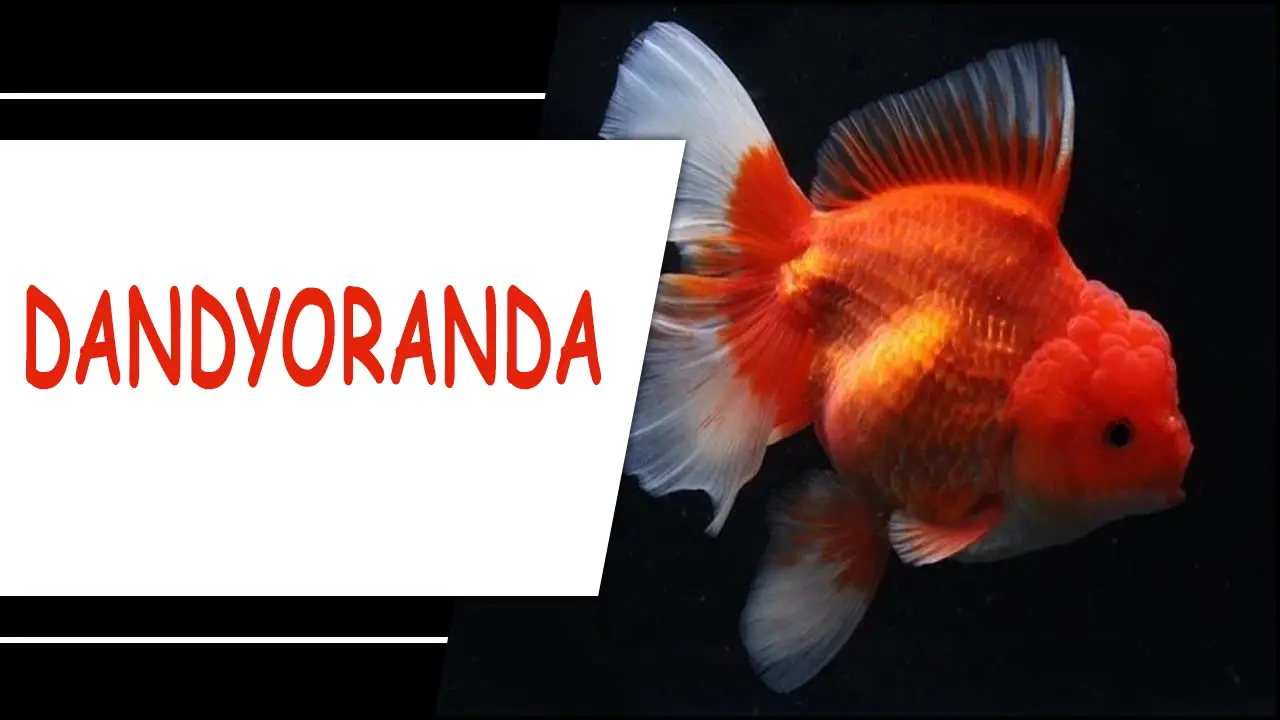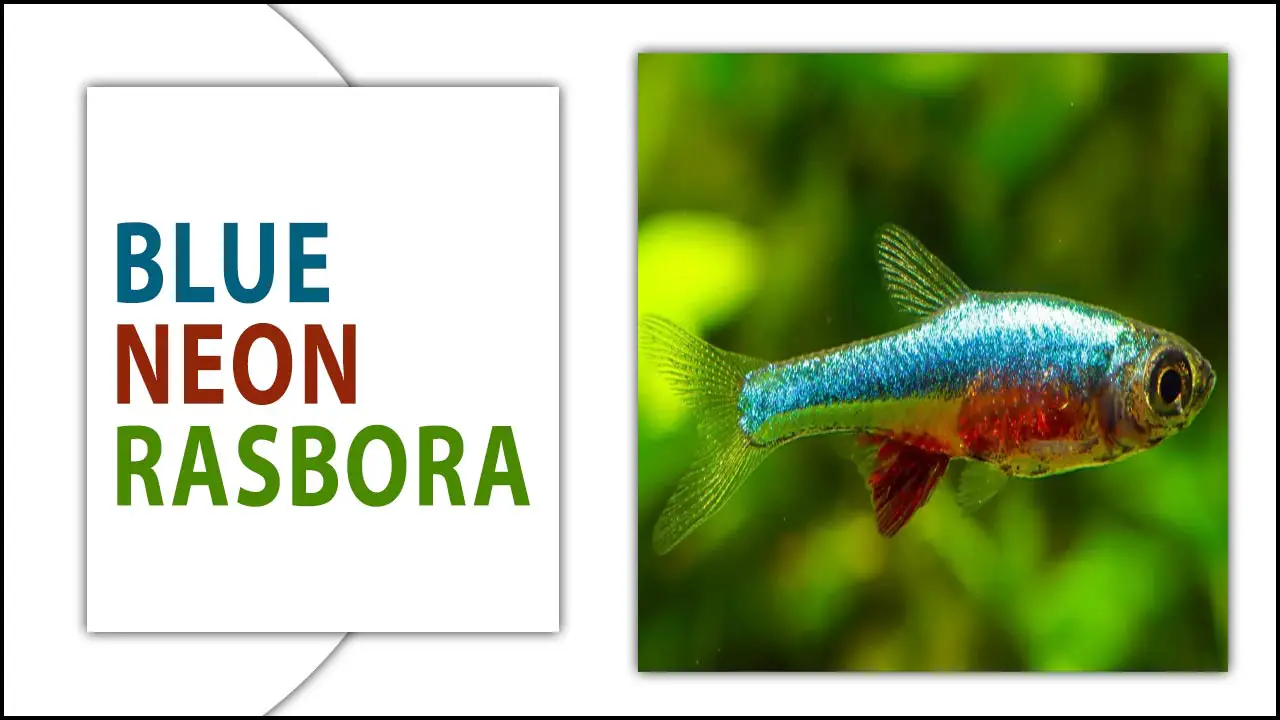Pop eye in fish is a condition where the eyes of the fish are swollen and protruding. It is a common ailment in betta fish and can cause by various factors such as bacterial or fungal infections, poor water quality, and physical trauma.
If left untreated, pop eye can lead to more serious health problems and even death. Therefore, it is important for fish owners to be aware of the causes, symptoms, and treatment options for pop eye in betta fish.
Here we will discuss in detail the various causes of the pop eye betta fish, as well as the preventative measures that can take to avoid this condition altogether. We will also delve into the treatment options available to fish owners, including both natural and medicinal remedies.
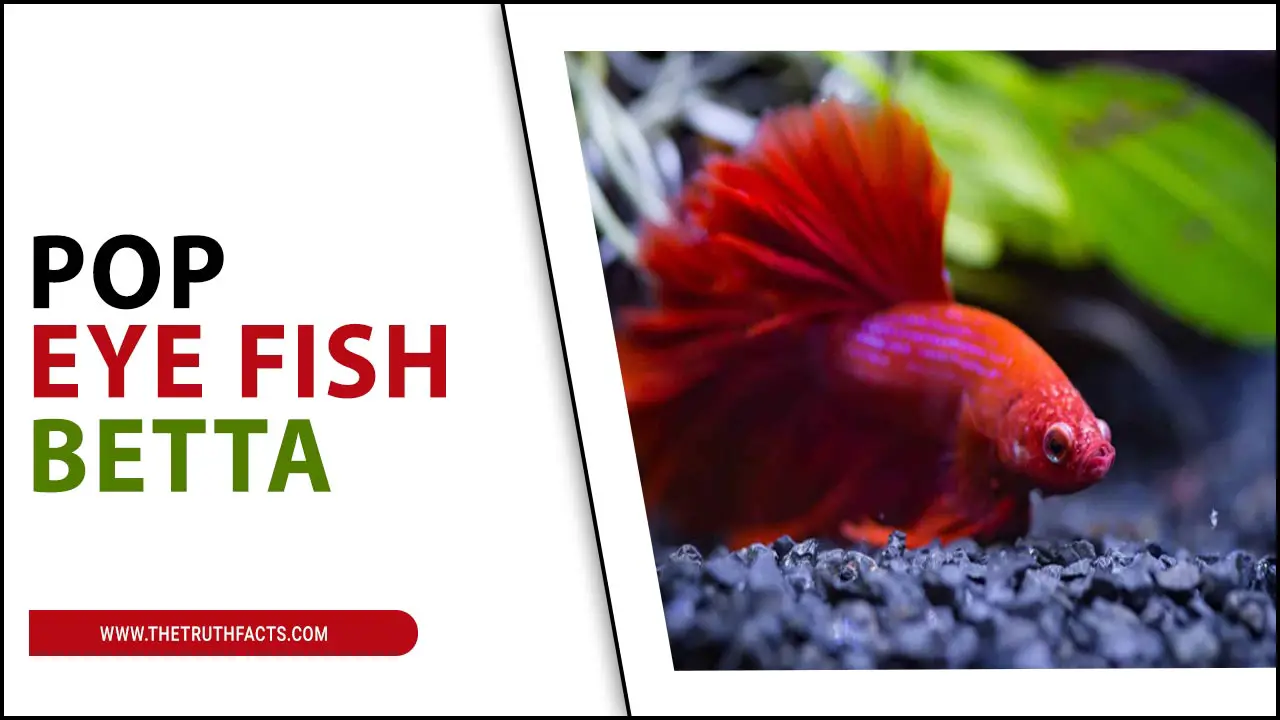
What Is Pop Eye?
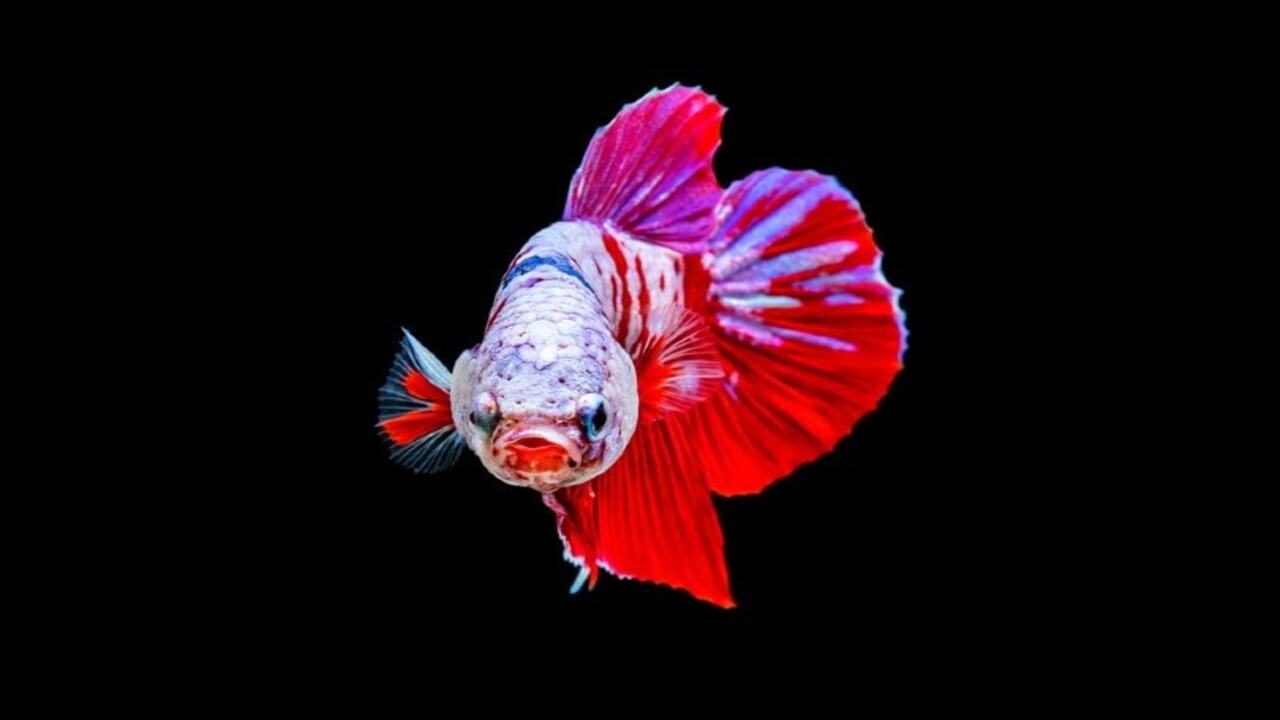
Pop eye, also known as exophthalmia, is a condition that can affect betta fish and other aquatic animals. It is characterized by the bulging of one or both eyes, giving the fish a “pop eye” appearance. Popeye can cause by various factors, including bacterial infections, poor water quality, trauma, or genetic predisposition. In some cases, the underlying cause of pop eye may be treatable with medication and improving water conditions.
Causes Of Pop Eye In Betta Fish
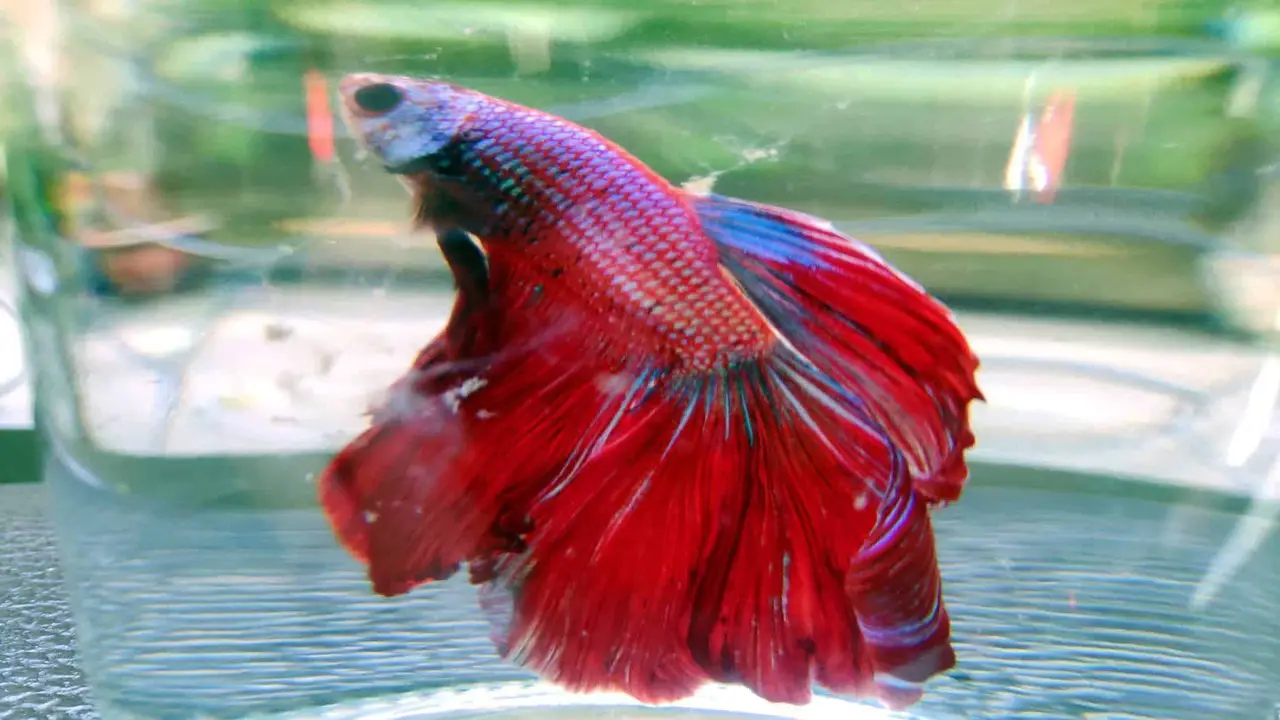
Pop eye is a common condition that can affect betta fish. It is characterized by the swelling and protrusion of one or both eyes, giving the fish a “pop eye” appearance. There are several possible causes of the pop eye in betta fish, including bacterial infections, poor water quality, and physical injuries. Here are 3 causes of the pop fish betta.
Bacterial Infections And Poor Water Quality
Bacterial infections and poor water quality are common causes of pop eye in Betta fish. These infections can occur when the fish’s immune system is compromised, often due to stress or other underlying health issues. These infections can cause the eyes to become swollen and protrude from the sockets, giving the fish a “pop eye” appearance.
Poor water quality, such as high levels of ammonia or nitrate, can also contribute to the development of the pop eye. It is important to regularly monitor water parameters and maintain a clean and properly filtered aquarium to prevent these conditions.
Parasitic Infections And External Injuries
Parasites such as flukes and protozoa can infect the eyes of the fish, causing them to become swollen and bulging. External injuries, such as scratches or cuts to the eye area, can also lead to a pop eye.
It is important to promptly address any signs of pop eye in fish, as it can cause discomfort and potentially lead to more serious health issues if left untreated. Treatment options may include medicated baths, antibiotic treatments, or addressing any underlying water quality issues.
Nutritional Deficiencies And Genetic Factors
Pop eye in fish, specifically bettas, can cause by a variety of factors including nutritional deficiencies and genetic factors. Nutritional deficiencies can occur when the fish’s diet lacks essential vitamins and minerals, such as vitamin A.
This can weaken the fish’s immune system and make them more susceptible to infections that can lead to a pop eye. Genetic factors can also play a role in the development of the pop eye, as certain breeds of bettas may be more prone to this condition.
How To Do The Treatment Of Pop Eye Fish Betta
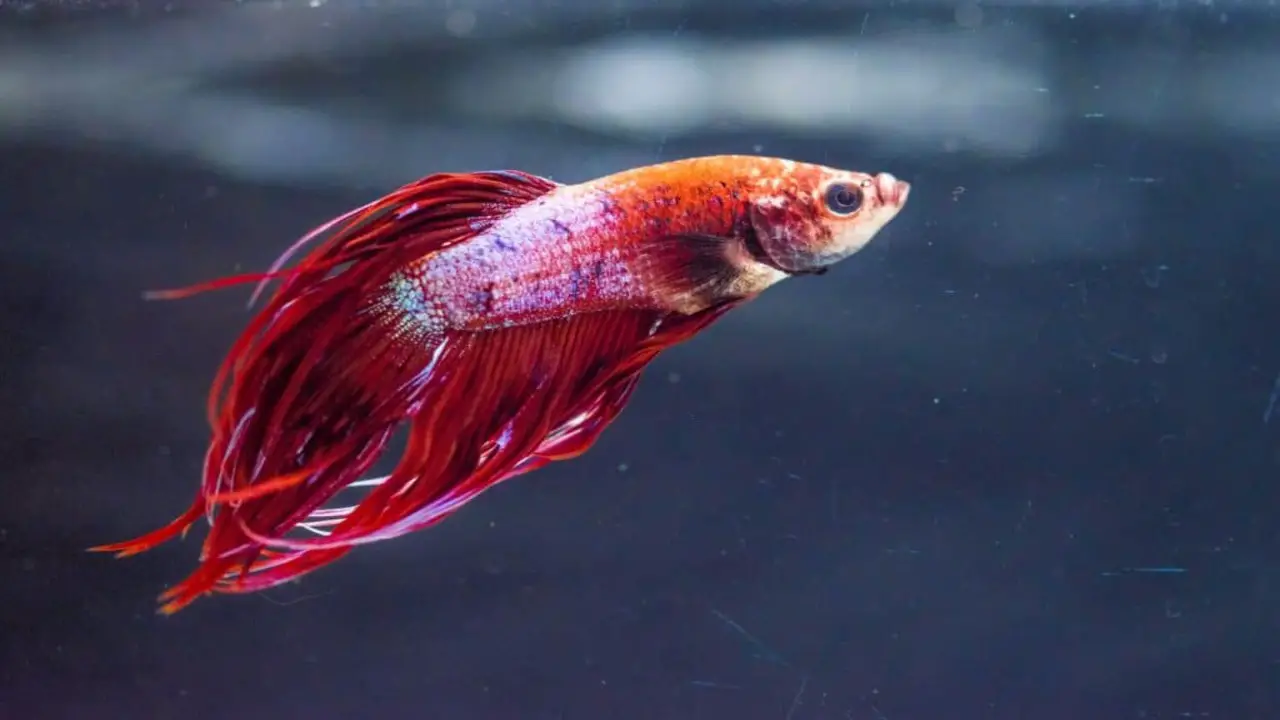
Pop eye fish betta is when the eyes become swollen or protrude, often due to bacterial or fungal infections, poor water quality, or physical injury. To treat it, isolate the affected fish, maintain clean water conditions with regular changes, and use appropriate medications under veterinary guidance.
Prevention involves quarantining new fish and decorations, maintaining a healthy diet, reducing stress, and observing the fish regularly for any signs of illness. Prompt and proper care is vital for the well-being of Betta fish. If symptoms persist, consult a veterinarian experienced in fish health for further assistance.
1. Isolate The Affected Fish:
When treating a fish with pop eye, it is important to isolate the affected fish from the rest of the tank. This can help prevent the spread of any potential infections and allow you to monitor the fish more closely. Set up a separate quarantine tank or container and carefully transfer the affected fish into it.
2. Clean The Tank:
When treating pop eye in fish, one of the first steps you should take is to clean the tank. The popeye can be caused by poor water quality, so ensuring that the tank is clean and well-maintained is crucial. Start by removing any uneaten food, debris, or dead plants from the tank.
Then, perform a water change to remove any built-up toxins or pollutants. Use a water conditioner to treat the new water before adding it back into the tank. Regular cleaning and maintenance of the tank can help prevent pop-eye and other health issues in your betta fish.
3. Administer Medication:
Administering medication is an important step in treating pop eye in fish, specifically bettas. The first thing you will want to do is isolate the infected fish in a separate tank to prevent the spread of the disease to other fish.
Next, you can add medication to the water according to the instructions provided by your veterinarian or a trusted fish expert. It is important to follow the recommended dosage and treatment duration to ensure the best chance of success.
Additionally, It may be necessary to adjust the water parameters, such as temperature and pH, to create a favorable environment for healing. Regular water changes and maintaining good water quality are also crucial during the treatment process.
4. Adjust The Diet:
Adjusting the diet is an important step in treating pop eye in Betta fish. Pop eye, also known as exophthalmia, is a condition where the eyes of fish protrude from their sockets. This can be caused by a variety of factors, including poor water quality, injury, or bacterial infection.
One way to help treat pop-eye is by adjusting the fish’s diet. Providing a balanced and nutritious diet can help boost the fish’s immune system and promote overall health. Consider incorporating foods that are high in vitamins and minerals, such as pellets or flakes specifically formulated for Betta fish. It is also important to avoid overfeeding, as this can lead to further health issues.
5. Monitor Your Fish:
Monitoring your fish is an important step in treating pop eye in betta fish. Pop eye, also known as exophthalmia, is a condition where the eyes of the fish become swollen and bulging. It can be caused by various factors, including bacterial infections, poor water quality, or physical trauma.
By closely observing your fish, you can identify any changes in their behavior or appearance that may indicate a problem. Look for signs such as cloudy or discolored eyes, swelling around the eyes, or changes in appetite or activity level.
How To Prevent Pop Eye In Betta Fish
Pop eye in betta fish is a condition where the eyes protrude or bulge out from the sockets. It can be caused by a variety of factors, including poor water quality, bacterial infections, or physical injury. If you notice that your betta fish has a pop eye, it is important to take action to treat the condition and prevent further damage to the fish’s eyes. Here are 5 Prevention for pop eye in betta.
1. Maintain A Clean And Healthy Environment For Your Betta Fish.
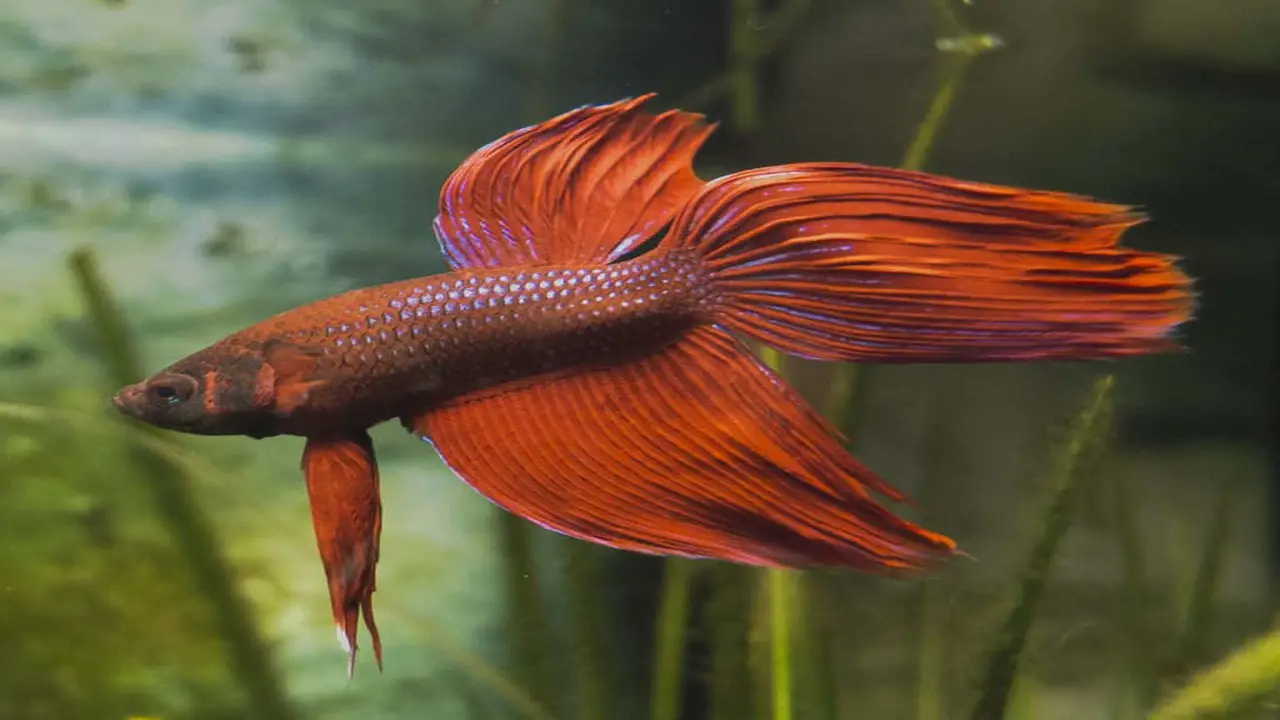
Maintaining a clean and healthy environment is essential for preventing pop-eye in Betta fish. Poor water quality can contribute to the development of this condition, so it’s important to regularly clean and maintain the fish tank. Start by ensuring that the tank is properly filtered and cycled, as this will help remove toxins and keep the water clean.
Regularly test the water parameters, such as pH and ammonia levels, and make any necessary adjustments to ensure optimal water quality. Additionally, be mindful of overfeeding your Betta fish, as uneaten food can quickly lead to bacterial growth in the tank.
2. Avoid Overfeeding Your Betta Fish.
Overfeeding is a common cause of pop eye in Betta fish, and it is important to avoid this in order to prevent the condition. Betta fish have small stomachs and can only eat small amounts of food at a time. Overfeeding can lead to excess food being left uneaten, which can pollute the water and create a breeding ground for bacteria. This bacteria can then infect the fish’s eyes, causing them to bulge or “pop” out.
To prevent overfeeding, it is recommended to feed your Betta fish small amounts of food once or twice a day and remove any uneaten food after a few minutes. It is also important to provide a balanced diet that includes both quality pellets and occasional live or frozen foods.
3. Quarantine New Fish Before Introducing Them To The Tank
When preventing pop eye in fish, one important step is to quarantine any new fish before introducing them to your tank. This can help prevent the spread of diseases and infections that can lead to pop eye. Quarantining new fish involves keeping them in a separate tank for a period of time, typically around two weeks, to monitor their health and ensure they are not carrying any illnesses. During this time, you can observe the fish for any signs of disease or infection, such as swollen eyes or other symptoms related to pop eye.
4. Avoid Introducing New Objects Or Fish Into The Tank Too Quickly
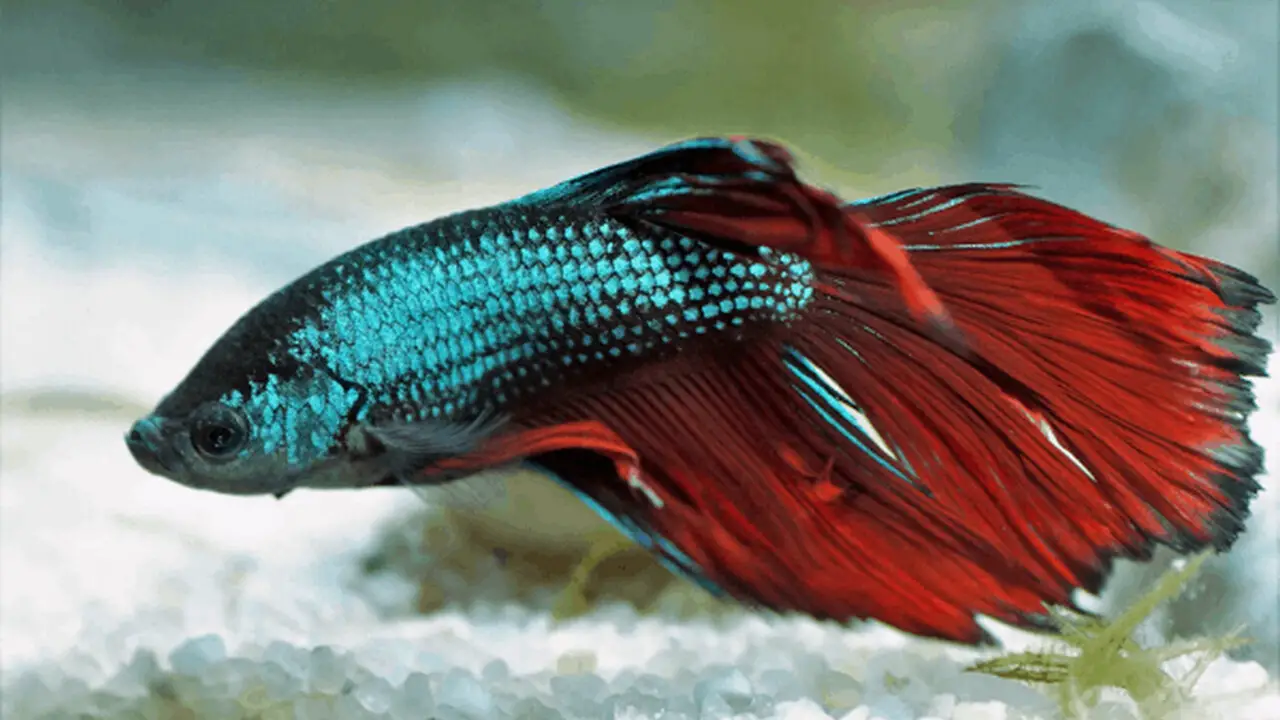
Introducing new objects or fish into a fish tank too quickly can increase the risk of pop eye in betta fish. Pop eye is a condition where the eyes of the fish become swollen and protrude from their sockets.
This can be painful for the fish and may lead to further health complications if left untreated. To prevent pop-eye, it is important to take things slow when making changes to your betta fish’s environment. Whether you are adding new decorations or introducing new tank mates, give your betta time to adjust and acclimate to these changes.
5. Keep An Eye On Your Betta Fish’s Behavior And Health.
Keeping a close eye on your Betta fish’s behavior and health is crucial in preventing pop eye, a condition where the fish’s eyes protrude from its sockets. Regularly observing your Betta fish can help you detect any changes in its behavior or physical appearance that may indicate the onset of a pop eye.
Look out for signs such as swollen or bulging eyes, cloudiness or redness in the eyes, or any unusual behavior like decreased appetite or lethargy. If you notice any of these symptoms, it is important to take immediate action by isolating the affected fish, maintaining clean water conditions, and consulting with a veterinarian who specializes in aquatic animals.
Will Popeye Heal On Its Own?
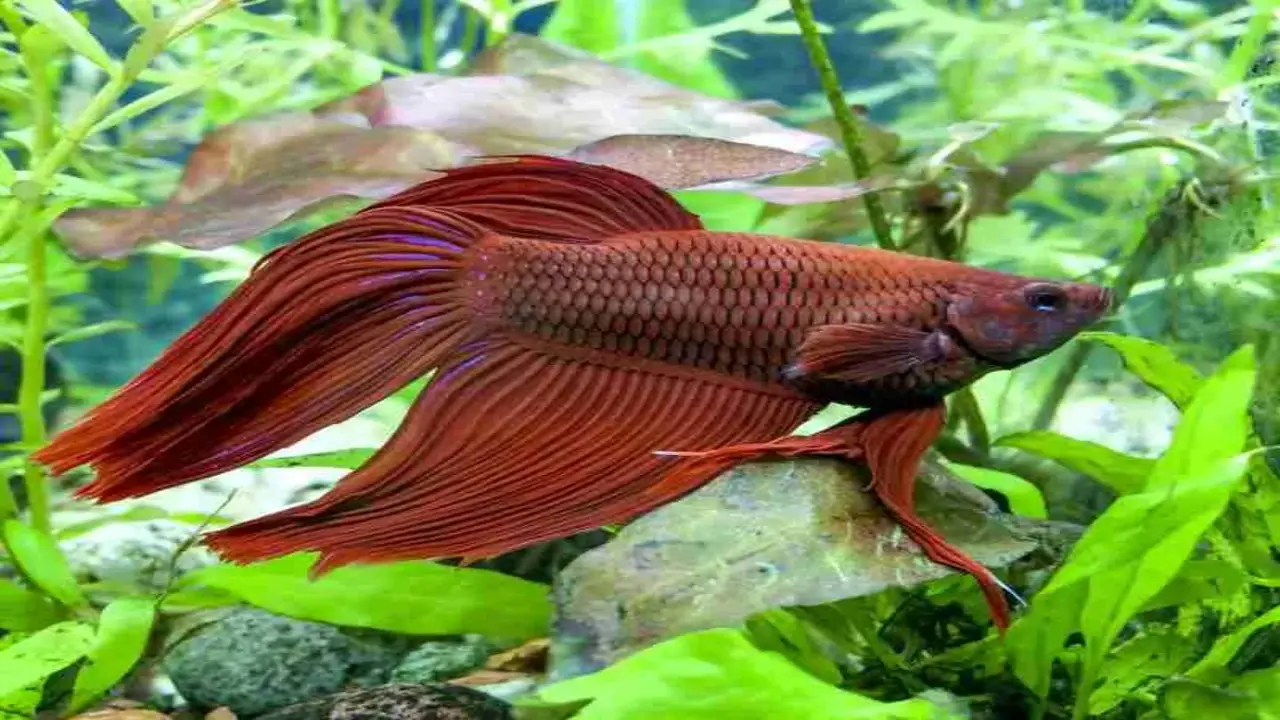
When a betta fish develops popeye, a condition characterized by swelling and protrusion of the eyes, it is important to take action to ensure the fish’s well-being. While some cases of Popeye may resolve on their own with proper care and maintenance, it is generally recommended to seek veterinary attention.
A veterinarian can provide an accurate diagnosis and prescribe appropriate treatment options, such as antibiotics or medicated baths, to help alleviate the symptoms and promote healing. It is crucial to address Popeye promptly to prevent further complications and potential vision loss in the affected fish.
Conclusion
It’s essential to watch for our little swimmer friends and their health. Pop eye fish betta might sound cute, but it’s a serious condition that requires attention and care. Remember, prevention is key, so be sure to keep your fish tank clean and maintain healthy water conditions. But if your betta fish does develop Popeye, don’t fret! With proper treatment and care, your fish can fully recover and continue to bring joy and color to your world. Keep on swimming, betta fish.
FAQs
What Causes Popeye In Betta Fish?
Betta fish, also known as Siamese fighting fish or Siamese carp, are tropical fish of the genus Puntius. They are commonly found in aquariums and are popular among fish keepers. Bacterial or fungal infections, physical injuries, poor water quality, and eye trauma cause popeye in Betta fish.
How Can I Treat Popeye In My Betta Fish?
Popeye suffers from various health issues caused by poor water quality. These problems include fin rot, Ichthyodermia, and ammonia poisoning. Improving his water quality and providing a balanced diet are essential to treat Popeye.
Can I Treat Betta Fish Popeye At Home?
Yes, mild cases of Popeye can treat at home by maintaining clean water and using appropriate aquarium salt. However, severe cases should evaluate by a veterinarian.
Are There Any Specific Medications For Popeye Treatment?
Various antibacterial or antifungal medications are available to treat Popeye. However, always consult a veterinarian for proper diagnosis and treatment.
How Long Does A Betta Fish’s Popeye Take To Heal?
The healing time varies depending on the condition’s severity and the treatment’s effectiveness. In mild cases, improvement may be seen within a few days, while severe cases may take several weeks.

Aquarium passion is all about connecting with the aquatic life and providing education to the public on the importance of these creatures. We showcase a wide variety of marine life through our exhibits as well as working with schools to provide unique learning opportunities for students of all ages.


